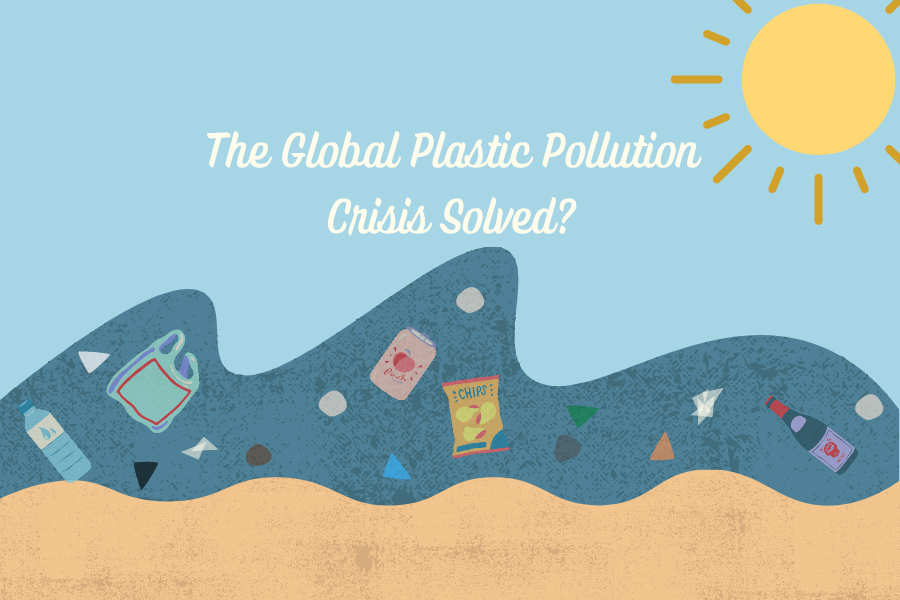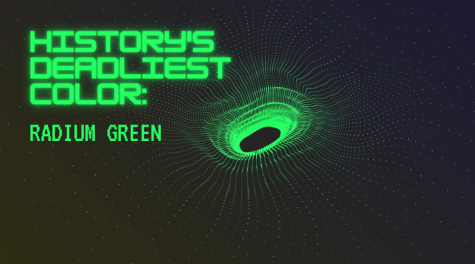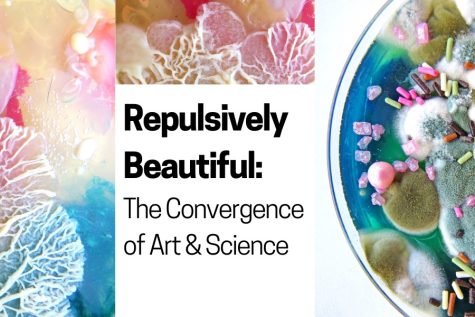The Global Plastic Pollution Crisis Solved?
From water bottles to children’s toys, plastic is leaving a detrimental footprint on the natural world. Yet we as a society have turned a blind eye over the crippling consequences of plastic pollution. Less than 10% of all plastic is recycled. The global pandemic has exacerbated the issue, and immediate change is necessary if we want to prevent future catastrophes.
Numerous treaties and agreements have been ratified in light of this issue. Yet only a small percentage of the people truly care about this mounting crisis. Consequently, barely any of these agreements have come to fruition and achieved their goals. Think about it—how successful has the Paris Trade Agreement really been?
20 of the largest companies globally have been found to create half the world’s plastic waste. Some of these companies include Barclays, Bank of America, and JPMorgan Chase. The world is dependent on these large-scale companies, but unfortunately, that makes the world reliant on plastic. However, a recently discovered new microscopic organism can be the answer to all our plastic problems: Plastic Eating Bacteria.
A group of Japanese scientists discovered this bacteria after discovering and testing a “sludge” found outside a plastic bottle recycling facility. Essentially, the bacteria were able to decompose and “eat” plastic. However, this bacteria, named Ideonella sakaiensis, was only able to decompose one type of plastic named PET, the material that common plastic bottles are made from. In addition, the bacteria would not be able to “eat” the bottles fast enough to mitigate the tens of millions of annual plastic waste. Even so, we should not undermine the accomplishment of this discovery. Perhaps, the use of this bacteria can lead to the creation of large-scale plastic decomposition facilities.
One may ask, how did these plastic-eating bacteria come into existence? The simple answer is evolution. Over millions of years, microbes learned how to decompose organic material. For instance, “[s]eaweed has been around for hundreds of millions of years, so there is a variety of microbes and organisms that can break it down,” said Pierre-Yves Paslier, a co-founder of Notpla, a company utilizing seaweed to replace plastic packaging. Since plastic has become extremely utilized by the world, new microbes are mutating in order to “eat” and biodegrade this material. However, plastic did not become a highly utilized material until the 1950s, so this bacteria had barely any time to learn to biodegrade plastics.
Nonetheless, plastic-eating bacteria is leading us to a possibly less-polluted, cleaner world. One year after Ideonella sakaiensis was discovered, a fungus found in Islamabad, Pakistan was also found to be able to decompose plastic. Later, a plethora of areas discovered newfound plastic degrading bacteria as well.
In order to facilitate effective mass decomposition of plastics, this bacteria needs to be bioengineered in order to decompose plastic hundreds of thousands of times quicker. Luckily, scientists have acquired breakthroughs in this aspect as well. In 2018, scientists in the U.S. and the U.K. have engineered bacteria to break down plastic in only a few days. In addition, in October of 2020, scientists have merged two different plastic-eating bacteria together, generating one “super enzyme”.
As we see it, current treaties, regulations, and agreements make little difference in the pollution crisis. Within just a few years, scientists have made major breakthroughs with plastic-eating bacteria. Rather than relying on diplomacy and the goodwill of the people, perhaps it is time to turn to science for the answer.
Bibliography
“Call for G7 Cornwall Summit to Forge Global Plastic Pollution Treaty.” The Guardian, 27 May 2021, http://www.theguardian.com/environment/2021/may/27/call-for-g7-cornwall-summit-to -forge-global-plastic-pollution-treaty.
“Twenty Firms Produce 55% of World’s Plastic Waste, Report Reveals.” The Guardian, 18 May 2021, http://www.theguardian.com/environment/2021/may/18/twenty-firms-produce-55-of-worlds-plastic-waste-report-reveals.
Carpenter, Scott. “The Race To Develop Plastic-Eating Bacteria.” Forbes, https://www.forbes.com/sites/scottcarpenter/2021/03/10/the-race-to-develop-plastic-eating-bacteria/. Accessed 9 June 2021.







